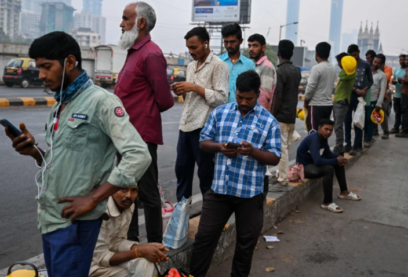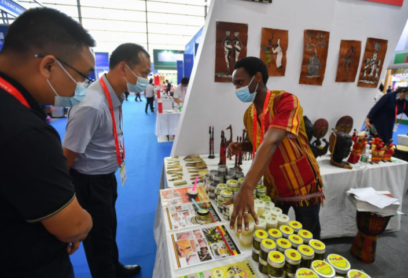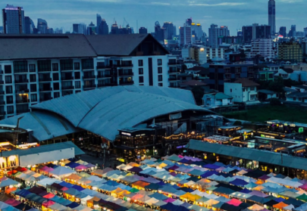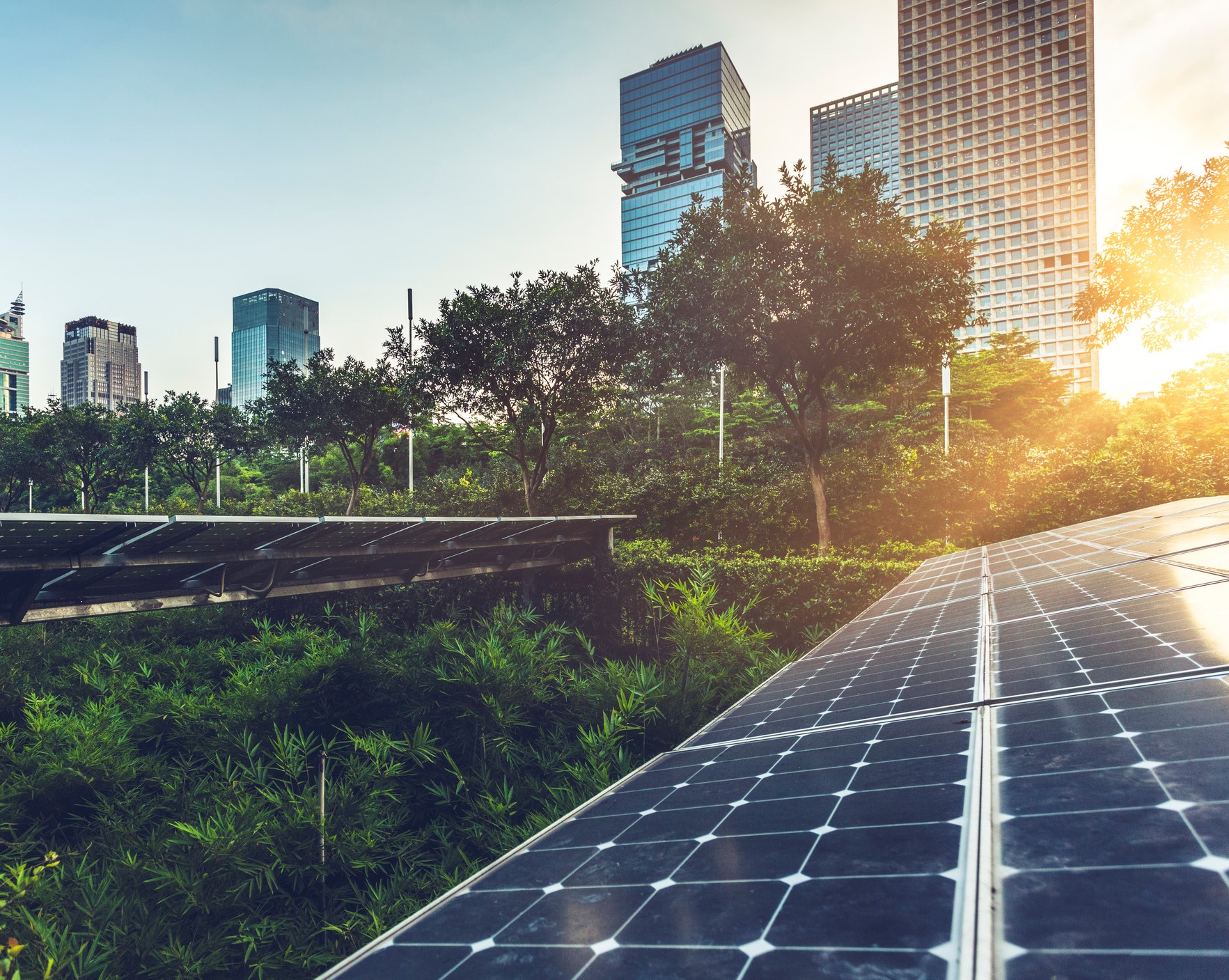Asian economies must go green to keep their competitive edge
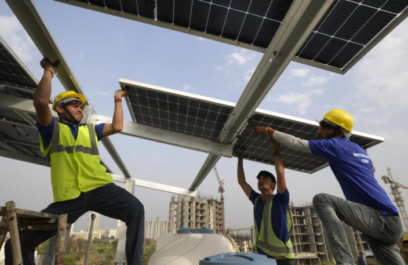
Increasingly, new cross-border environmental regulations like the EU’s carbon tax will leave countries such as Bangladesh and Cambodia little choice but to play catch up or risk losing out on global trade. Asian markets can embrace sustainability through artificial intelligence, clean energy investments and more collaboration among industries.

